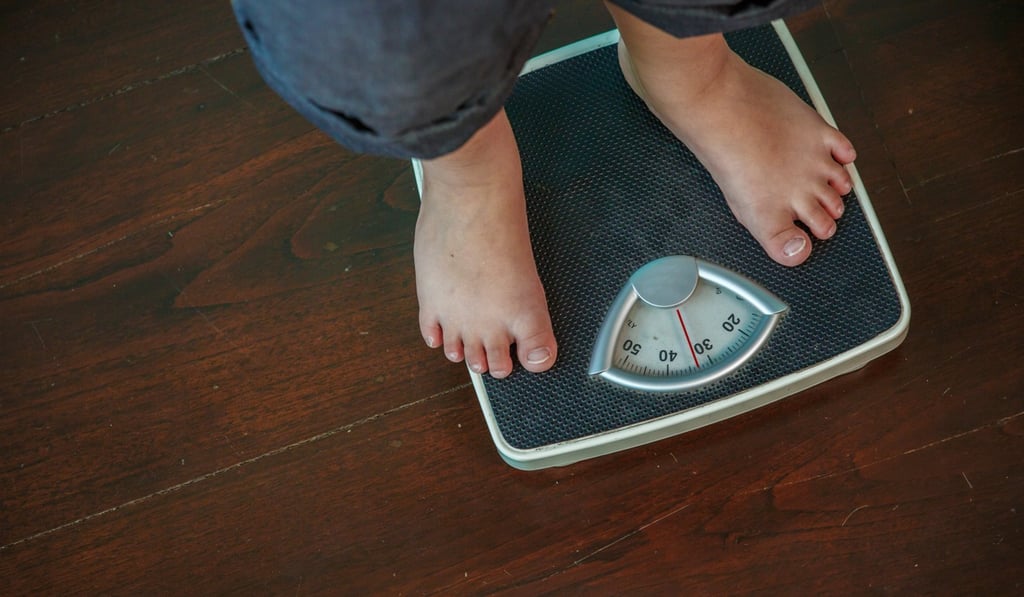Emotional eating: why we shouldn’t comfort or reward children with sweets and snacks
Many parents have used food to comfort or calm children at some point, but new research confirms that it’s a short-term fix that can have long-term negative consequences

Most parents have done it at some point: calmed and comforted their children with sweets, ice cream or their favourite snack when they’re hurt or upset.
“Of course it comes from the best intentions – no one likes to see their child experiencing emotional discomfort,” says Hong Kong-based eating behaviour coach Tatiana Kuvardina. “Parents are instinctively trying to help – to distract, to comfort, to replace pain with pleasure – and they are simply unaware that emotional feeding might have bitter consequences for their kids in the future.”
Emotional eating – increasing food consumption as a result of negative emotions – has been shown in a number of studies to be linked to obesity, which in turn is associated with conditions such as diabetes and heart disease. Add to that a fast-food culture and sedentary lifestyle and the situation is worsened.

A study conducted between 1985 and 2014 on nearly 40,000 students aged seven to 18 by the Shandong Centre for Disease Control and Prevention in Jinan, Shandong province, eastern China found that about one in six boys and one in 11 girls were obese.